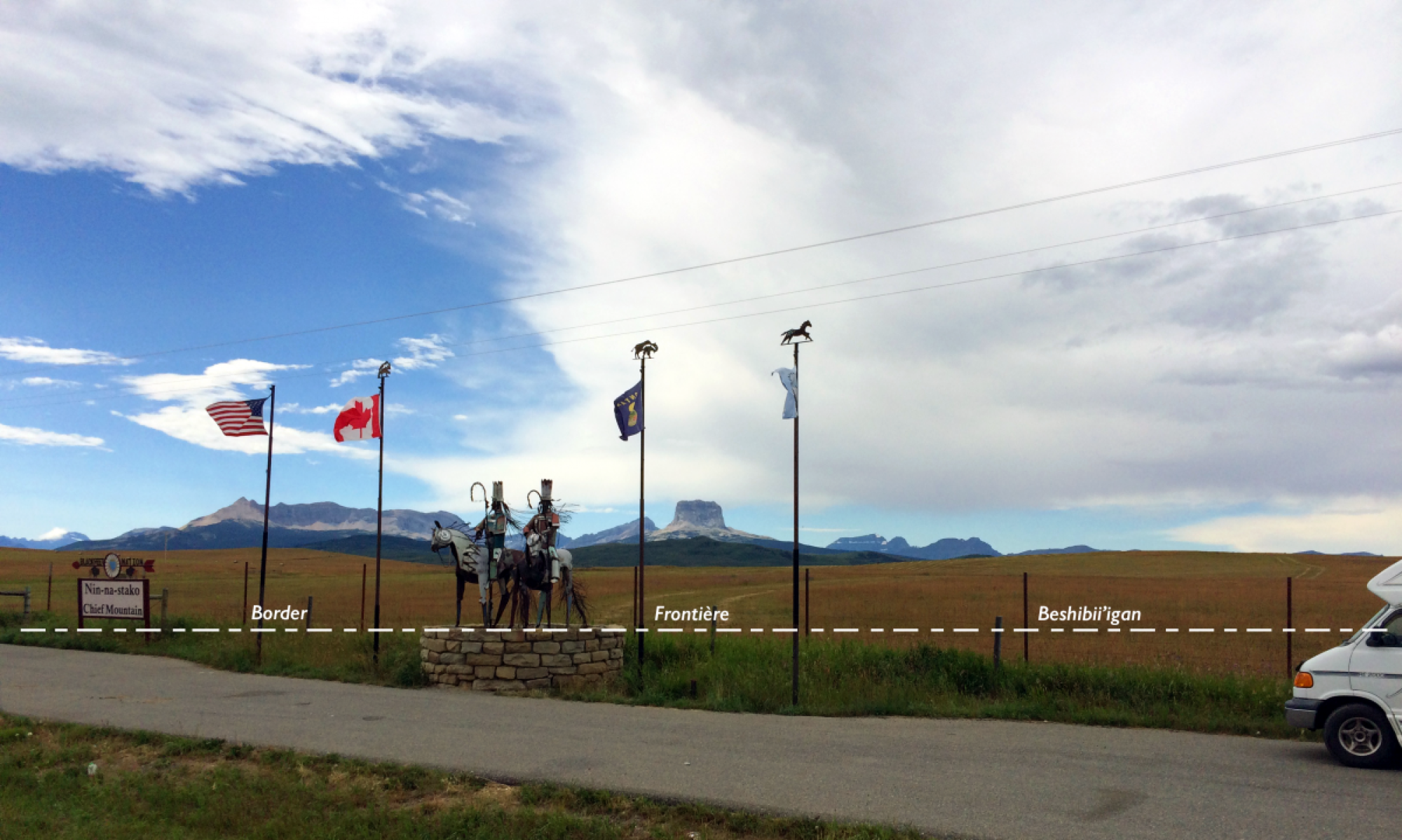In-class exercises and group research projects are ideal ways to engage in critical pedagogy. While the standard teaching modes of lecture and discussion allow the dissemination of information, they also impose a distinct hierarchy and more often than not constitute a form of structural oppression as Paolo Freire has pointed out in Education for critical consciousness. New York: Continuum, 2005. Settler colonial ideas and values can only be effectively countered when students are the drivers of knowledge production. I have explained how an engaged and critical pedagogy can work in a short article in 2010 that uses the example of creating new territorial arrangements for Iraq, but the model can easily be adapted to indigenous borderland issues. In place of the commissions from the UN, Sunni, Shiite and Kurds, teachers can divide the class into different stakeholders involved in borderland issues, such as Native nations, US and Canadian government agencies, Environmental Groups, and Transnational Corporations. The website contains much of the information to get the project started: ‘Border Rights’ explain the power structures that constrain border activities, ‘Border Rites’ offer different crossing experiences, ‘Borderlands’ provide background and data, and ‘Resources’ list links to aid further research. Please note that this project is a work in progress; new information will be added continuously.
